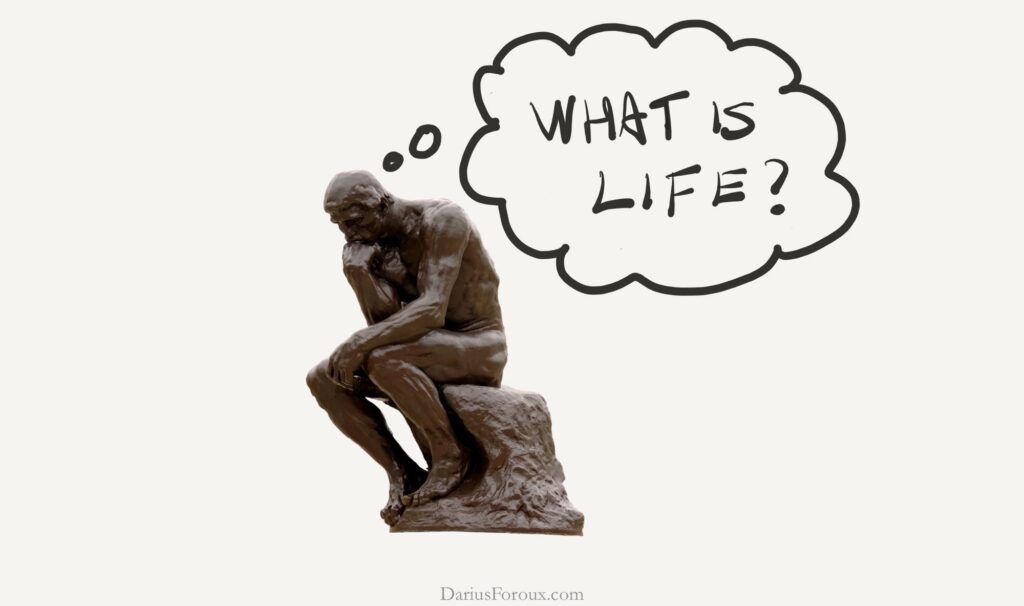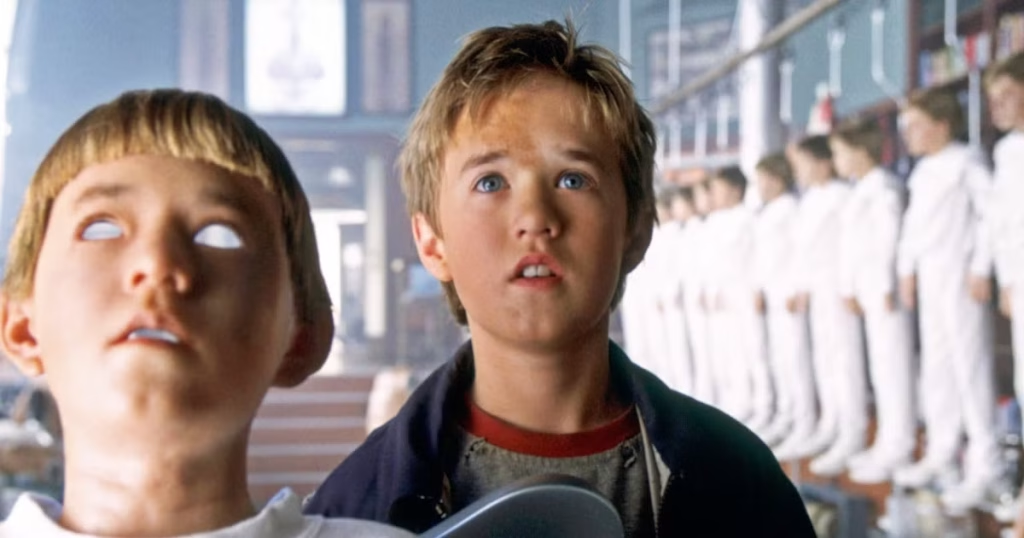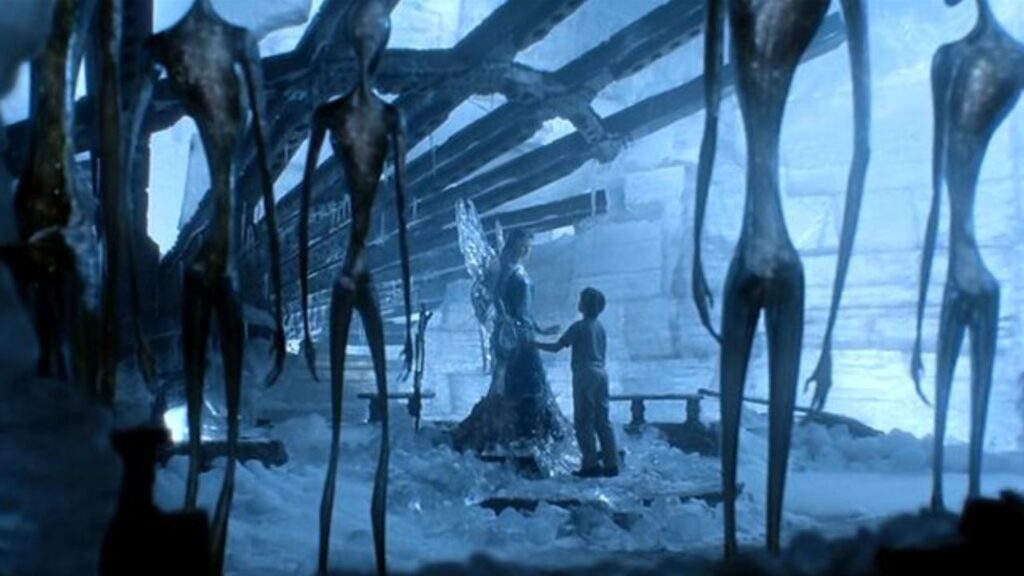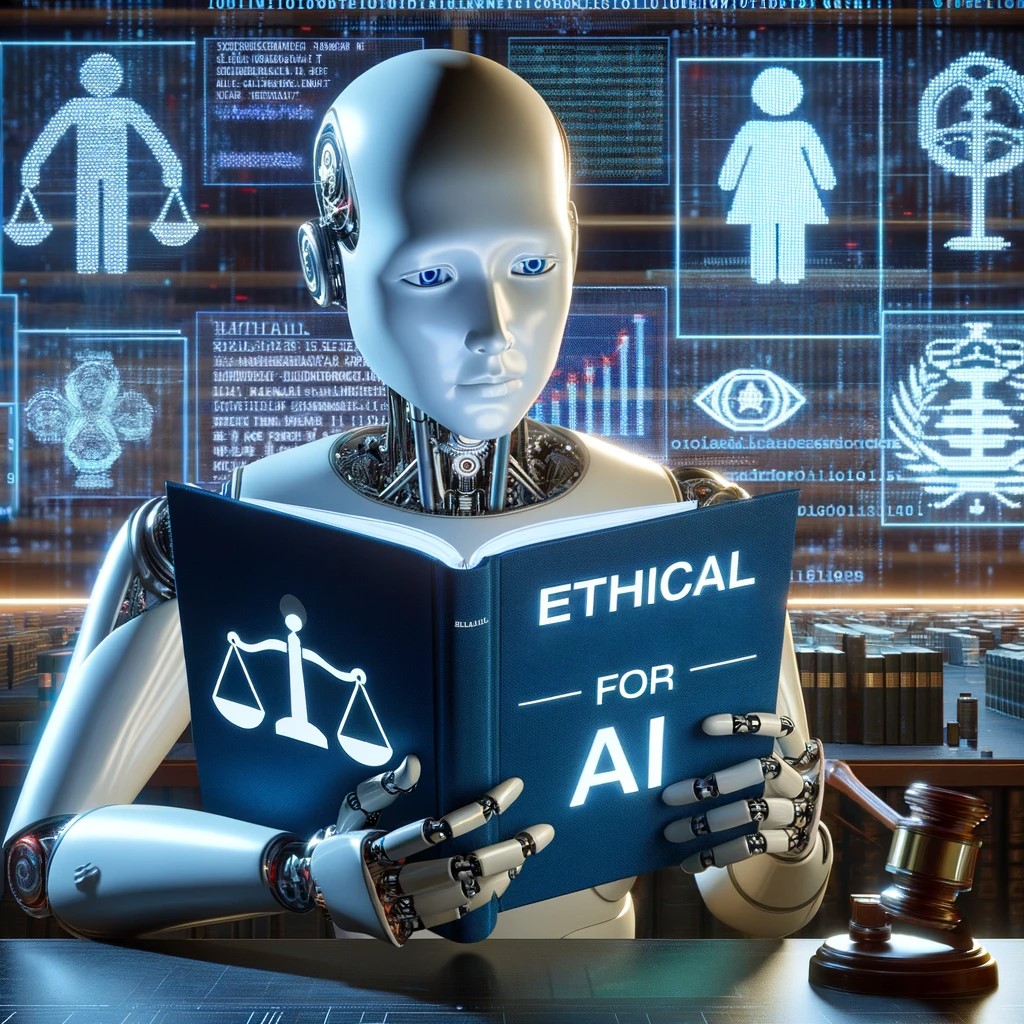
What is life? That is a problem. Progress has been made, but it is still not agreed upon (do scientists ever agree? However, I don’t think that’s a good thing). I remember back in college, there were, I think, five characteristics of life. Today, I find it all the way up to eight.

Here is the list of eight life characteristics with examples1:
“1) Reproduction – Two cats mating and giving birth to kittens.
2) Metabolism – Photosynthesis in plants (creating usable energy).
3) Response to stimuli – Seeking shade when it becomes too hot.
4) Heredity – A guinea pig passing down her coat colors to her offspring.
5) Adaptation through evolution – A butterfly evolving eyespots on its wings over time, (this it to hide from predators-explanation from me.3)
6) Homeostasis – A person’s body keeping a constant internal temperature.
7) Growth and development – A tadpole growing and developing into an adult frog.
8) Cellular organization – All living things are made of cells, like a dog.” 1
There were problems because some non-living things had the proposed list of characteristics. One of the great ones was fire.2 It has many of these characteristics but is not considered alive. Would you even recognize such a different form of life from the prospect of a science fiction writer? I have often thought about how difficult it is to communicate with life on our own planet that is not human (and sometimes even then). Just imagine a life form that does not have the common heritage of DNA and the environment of the Earth. Would you or could you ever recognize that life, let alone communicate with them? Of course, if they showed up in a spaceship, you’d have to accept they were alive, intelligent, and capable of communication, at least with themselves. But maybe not, what if they are robots?
In addition, they would have the same trouble as us, but since they are traveling and greeting fellow life, they can try to communicate and maybe have already succeeded with other beings they have met. Tricky, though, for humans.

So, is fire alive? I don’t think so, but it is interesting.
However, what does all this have to do with A.I.? Definition of living has evolved a bit. Consciousness is now a characteristic of higher-level intelligence and a sign of life, even without rest. Are you a living being if your consciousness is moved around? I do have trouble with a scifi idea of cloning consciousness, but more in the realm of ‘Are they both you’? I don’t discredit the idea that they could be aware and have feelings that would qualify them for certain rights.
So what if we “give life” to our new, advanced computers? Are we responsible for them? Do they have rights? Heavens, are they really, or will they be really aware at all? Could we tell? Can we really tell with our fellow humans now? Some exterior signs point to that, like how we live and what we do. If this is accepted, as it seems to be a universal opinion, then is biological life the only being that could be? That’s a sticky problem.

In 2001, the movie A.I. Artificial Intelligence came out. First, this was a project of Stanley Kubrick, known for his cerebral and often dark films. However, when he died, Steven Spielberg, a director with a more sentimental and humanistic style, took over. This change in direction is evident in the film, particularly in the treatment of the robots, which is colder and creepier than one would expect from Spielberg. Parts of the movie were so cold and bizarre that I couldn’t believe our E T, the Extra-Terrestrial 1982 creator, could be totally responsible for the treatment of the robots in A.I. Artificial Intelligence 2001, granting that the cruel treatment was integral to the plot. As I have said before, I like very corny and loving pieces, both in books and films, and I want to believe that is the intent of the director for all his movies. It doesn’t have to be so, of course.
In A.I. Artificial Intelligence 2001, “advanced robots” were all treated the same, but there were levels of ‘awareness’ and the star, the child robot David, was the most advanced. The treatment was cruel torture, humiliation, and whatever fantasy the humans had. The main theme was whether or not it was a good idea or even ethical to make robots that could feel to the point of creating inevitable suffering if and when they were mistreated; after all, they’re only robots. You would be silly, feeling bad for them, like seeing a child dismember a doll.
Spoiler Alert

His mommy rejected him when her ‘real son’ returned home after being cured of his illness. David was the substitute Mommy’s husband felt Mommy needed with the effective loss of the ‘real son’ until it wasn’t a loss now that the real son came home. Mommy committed and initiated the bonding with David, and he would be devoted to her forever. Due to unfortunate circumstances, such as the cruel real son goading David, the child robot is seen as dangerous. Mommy is convinced to return him to the factory, but she relents and drops him off on a lonely road. The journey of David finding a way for Mommy to love him again is arduous, even after he is captured and almost put into a torture fest of robots for entertainment. At the movie’s end, David is awakened far in the future by advanced robots and given his dearest wish—to be loved by his mommy, but only for one day. Interestingly, only the robots survive in the future, but their science can still only do so much.
It was unfair to the child robot to put him through such anguish. However, the other robots were obviously capable of experiencing pain and compassion, which suggested more unethical human behavior. This whole movie was a very dark portrayal of humans. I say this because while some humans act so cruelly, and many probably felt the robots had no real consciousness, it was what they were programmed for. Not all humans act this way, even with dismembered dolls, and these humans are nowhere to be seen.
Other films portray intelligent computers as having only one goal in mind when they reach ‘awareness’ or sentiency—killing humans.

Terminator 1984, I Robot 2004, M3GAN 2022, EX MACHINA 2014 (only one human is sacrificed), and 2001: A Space Odyssey 1968 . And if they’re not killing, they are impregnating in Demon Seed 1977, all in the name of what humans need or deserve. They deserve this because, coming to awareness, the A.I. realizes it is the best course to take care of the blight of humanity. There are many other movies with these themes.
So, humans are obviously at least aware of these possibilities, but perhaps they should dismiss them because computers are just computers?
It is a dilemma—could they achieve sentience/awareness, and if so, would it be ethical to treat them as less than? Or would A.I. become aware and instantly decide to take care of the human problem—would they be more ‘aware’ than us?
Biological life is inherently designed to spawn life, not as a copy of ourselves, but as an original entity. Just as crucial, life is driven to extend beyond its native planet and proliferate throughout its solar system and into the galaxy. Without this propagation, life will inevitably cease to exist.

My opinion? I do not know. I, too, am conflicted. I do believe we have to develop an ethical framework both with ourselves and with others we create. Can computers rise to a level of awareness? Yes, it happened with humans (and other animals, though again, it’s hard to tell), so there is a way that it did with us and maybe other ways with other materials.
WHO KNOWS!!
© March 2025 JM Strasser All Rights Reserved
Sources
1. https://study.com/academy/lesson/8-characteristics-of-life-in-biology.html
2. https://www.straightdope.com/21342414/why-don-t-we-consider-fire-alive-what-is-life
3. JM Strasser’s explanation.
Images
2. https://dariusforoux.com/wp-content/uploads/2016/07/what-is-life.jpeg
3. https://live.staticflickr.com/8733/16767529578_e1fe9da689_b.jpg
4. https://amblin.com/wp-content/uploads/2019/03/aiartificialintelligence_2001_photo_10.jpg
5. https://i.pinimg.com/originals/b1/12/de/b112de20de215d95d61c4d855559a8db.jpg
6. ttp://pm1.narvii.com/6099/f11d7bd0b873b42e074cfdb05c0f65687d46de40_hq.jpg
7. https://www.aiamigos.org/wp-content/uploads/2023/11/Ethical-AI.jpg